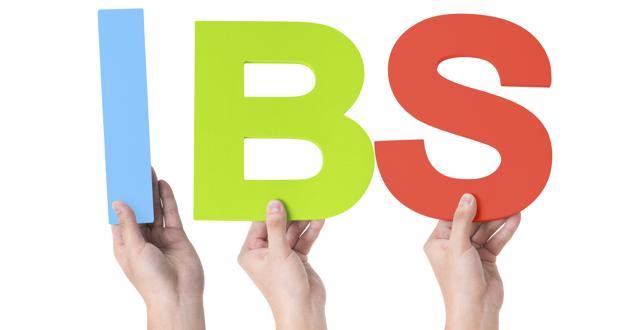Irritable bowel syndrome (IBS) is different for everyone. Unlike the common cold—which seems to always bring out a sore throat, stuffy sinuses and a cough—IBS has many unique symptoms to an individual. While one may experience cramping and bloating, another may experience diarrhea and constipation. Many confuse inflammatory bowel disease (IBD) with IBS, but in reality, the two are separate. IBD is the combination of ulcerative colitis and Crohn’s disease. IBS isn’t a disease, per se, with any specific organs of the digestive tract. In fact, while IBD often requires a combination of medication and lifestyle changes, IBS can be manageable solely through how you live.
Diet and Lifestyle
Doctors and medical professionals worldwide have agreed that diet and lifestyle changes seem to bring out the best results in relieving or eliminating IBS symptoms. Exercising regularly, limiting stress and getting enough rest are the three most important lifestyle changes one can make when limiting or eliminating their IBS symptoms.
In addition, boosting fiber intake, limiting caffeine intake and eliminating trigger foods are the most important diet changes one can make. Trigger foods are foods that seem to upset and bring forth your IBS symptoms. To better pinpoint these foods, it is recommended to patients keep a journal or notebook of foods that have been eaten and the symptoms that follow.
Talk to a Pharmacist
A pharmacist may be able to recommend effective over-the-counter medications/remedies for IBS symptoms. Products that help and prevent diarrhea, probiotics, and peppermint oil (to reduce spasms) are all effective over-the-counter medications and remedies.
See a Doctor
A doctor may recommend tests to rule out any other underlying illnesses and, depending on results, other solutions that may include prescription medication. A doctor will also be able to recommend diet and lifestyle changes, as well as any over-the-counter medication proven to be effective.
Live Positively With IBS
Over time, IBS symptoms may come and go without any explanation. With an effective plan and positive attitude, as many as one-third of IBS sufferers may live symptom-free.


